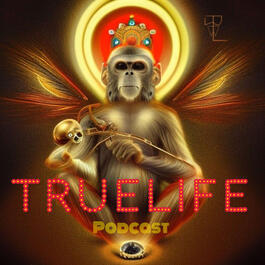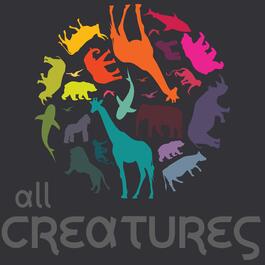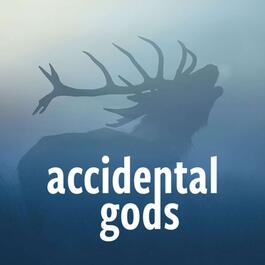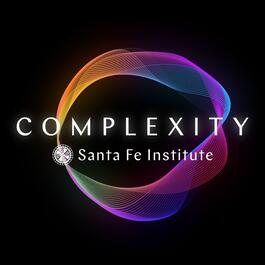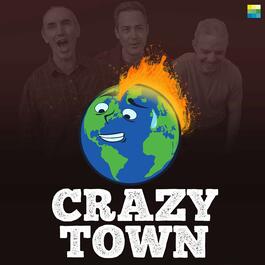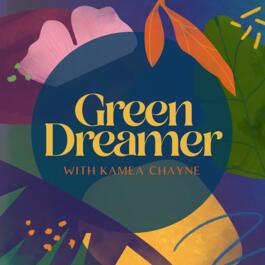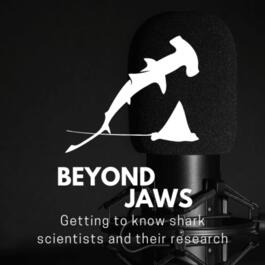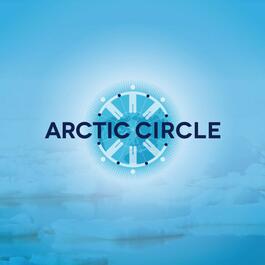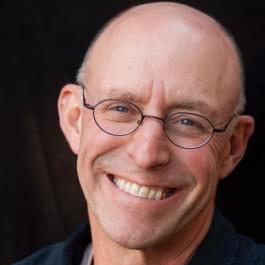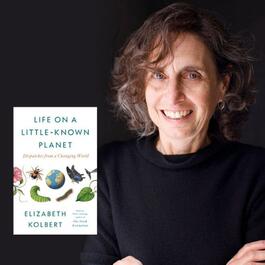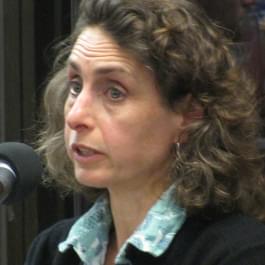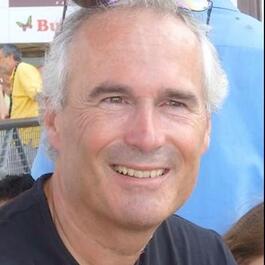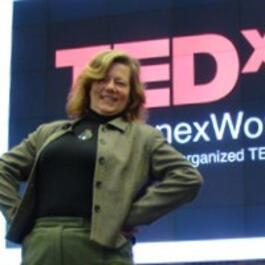Science: Nature
Subcategory of: ScienceTop episodes in Science: Nature
#251: Michael Pollan joins Dave Chapman for a wide-ranging conversation on the state of food, health, and the organic movement. Pollan reflects on his friendship with Joan Gussow, her prophetic warnings about industrial agriculture, and her influence on his landmark books The Omnivore’s Dilemma and In Defense of Food.
Chris interviews renowned environmental journalist and author Elizabeth Kolbert. They discuss her impactful books, 'The Sixth Extinction' and the upcoming 'Life on a Little Known Planet,' which highlight the global biodiversity crisis caused by human activity. Elizabeth shares stories from her travels around the world,
Support the show: https://www.paypal.me/Truelifepodcast?locale.x=en_US 🚨🚨Curious about the future of psychedelics? Imagine if Alan Watts started a secret society with Ram Dass and Hunter S. Thompson… now open the door. District216 Marquee Event: District216 "Death & Psychedelics" Marquee Event Tommy Carrigan They bu
Going the Wrong Way - a conversation with author Chris Donaldson
Going the Wrong Way - a conversation with author Chris Donaldson Chris Donaldson is now a successful businessman in Northern Ireland, but in his early twenties, at the height of The Troubles, he made the decision to travel to Australia. You can’t blame Chris, but somehow things just didn’t go to plan. In this entertain
Cathy Nesbitt is a Worm Advocate, Sprout Grower, and Laughter Yoga Teacher. In the 2002 Cathy decided that setting up a worm composting business would be a good way to contribute to protecting the environment. After ten years of hearing people make derisory comments, she almost made the decision to give up. But then

Exploring Spirituality: A Computational Physicist’s Perspective - STEPHEN WOLFRAM
Stephen Wolfram is a computer scientist, mathematician, and theoretical physicist. He is the founder and CEO of Wolfram Research, the creator of Mathematica, Wolfram|Alpha, and the Wolfram Language. He received his PhD in theoretical physics at Caltech by the age of 20 and in 1981, became the youngest recipient of a Ma
